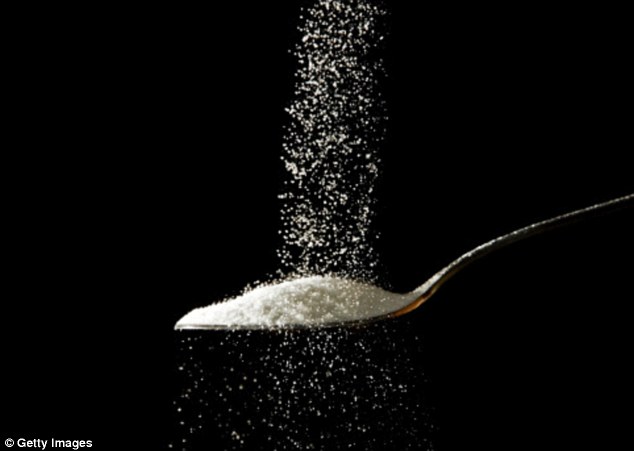-
Tips for becoming a good boxer - November 6, 2020
-
7 expert tips for making your hens night a memorable one - November 6, 2020
-
5 reasons to host your Christmas party on a cruise boat - November 6, 2020
-
What to do when you’re charged with a crime - November 6, 2020
-
Should you get one or multiple dogs? Here’s all you need to know - November 3, 2020
-
A Guide: How to Build Your Very Own Magic Mirror - February 14, 2019
-
Our Top Inspirational Baseball Stars - November 24, 2018
-
Five Tech Tools That Will Help You Turn Your Blog into a Business - November 24, 2018
-
How to Indulge on Vacation without Expanding Your Waist - November 9, 2018
-
5 Strategies for Businesses to Appeal to Today’s Increasingly Mobile-Crazed Customers - November 9, 2018
Sugar industry downplayed heart risks of sugar, promoted risks of fat
According to the documents, SRF paid three Harvard scientists $6500 ($48,900 in 2016 dollars) to publish a 1967 review of research on sugar, fat and heart disease. It suggested there were major problems with all the studies that implicated sugar, and concluded that cutting fat out of American diets was the best way to address coronary heart disease.
Advertisement
Stanton Glantz, who co-authored the new article analyzing the sugar industry’s role in past research, tells PBS that the 1967 Harvard paper “helped shift the emphasis of the [heart disease] discussion away from sugar onto fat” and essentially “delayed the development of a scientific consensus on sugar-heart disease for decades”. In order to protect sugar sales and market shares, the Sugar Research Foundation commissioned D. Mark Hegsted, professor of nutrition at the Harvard School of Public Health, to complete a research review that specifically downplayed the connection between sugar and coronary heart disease (CHD). On Monday the documents were published online, and they made a quite convincing case that sugar industry-funded research in the 1960s intentionally downplayed the arising association between heart disease and sucrose (sugar).
As the public reacts to the cover-up the world’s sugar barons will also likely be facing a variety of angry inquiries from consumers and (hopefully) legislators who, for perhaps the first time, are realizing their parents were in fact right: sugar is bad for you.
“We acknowledge that the Sugar Research Foundation should have exercised greater transparency in all of its research activities”, the Sugar Association responded in a statement. The two-part review, concluding that the only change necessary to prevent heart disease was to reduce dietary fat intake, was published in the NEJM the following year, with no mention of the SRF’s participation or funding.
At a time when coronary heart disease was on the rise in the United States, researchers began pointing to high-sugar diets as a possible culprit.
The effects of sugar on our health has been a hot topic in the last few years.
“The industry may have a long history of influencing federal policy”, the JAMA report says.
And while the new research does not exonerate fat altogether, it does add fuel to the fire that sugar may do harm beyond simply exacerbating tooth decay. Instead, it pinned the blame on fat and cholesterol levels. Two days after The New York Herald Tribune ran a full page story on the link to sugar in July 1965, the SRF approved “Project 226”, a literature review on cholesterol metabolism to be led by Hegsted and, among others, Fredrick Stare, another Harvard nutritionist with industry financial ties.
Glantz, Kearns and Schmidt say numerous articles examined in the review were hand-selected by SRF, and it was implied that the sugar industry would expect them to be critiqued.
“It is challenging for us to comment on events that allegedly occurred 60 years ago”.
Advertisement
The researchers of the newly released historical document call for unbiased scientific studies by people who do not have conflicts of interests.





























